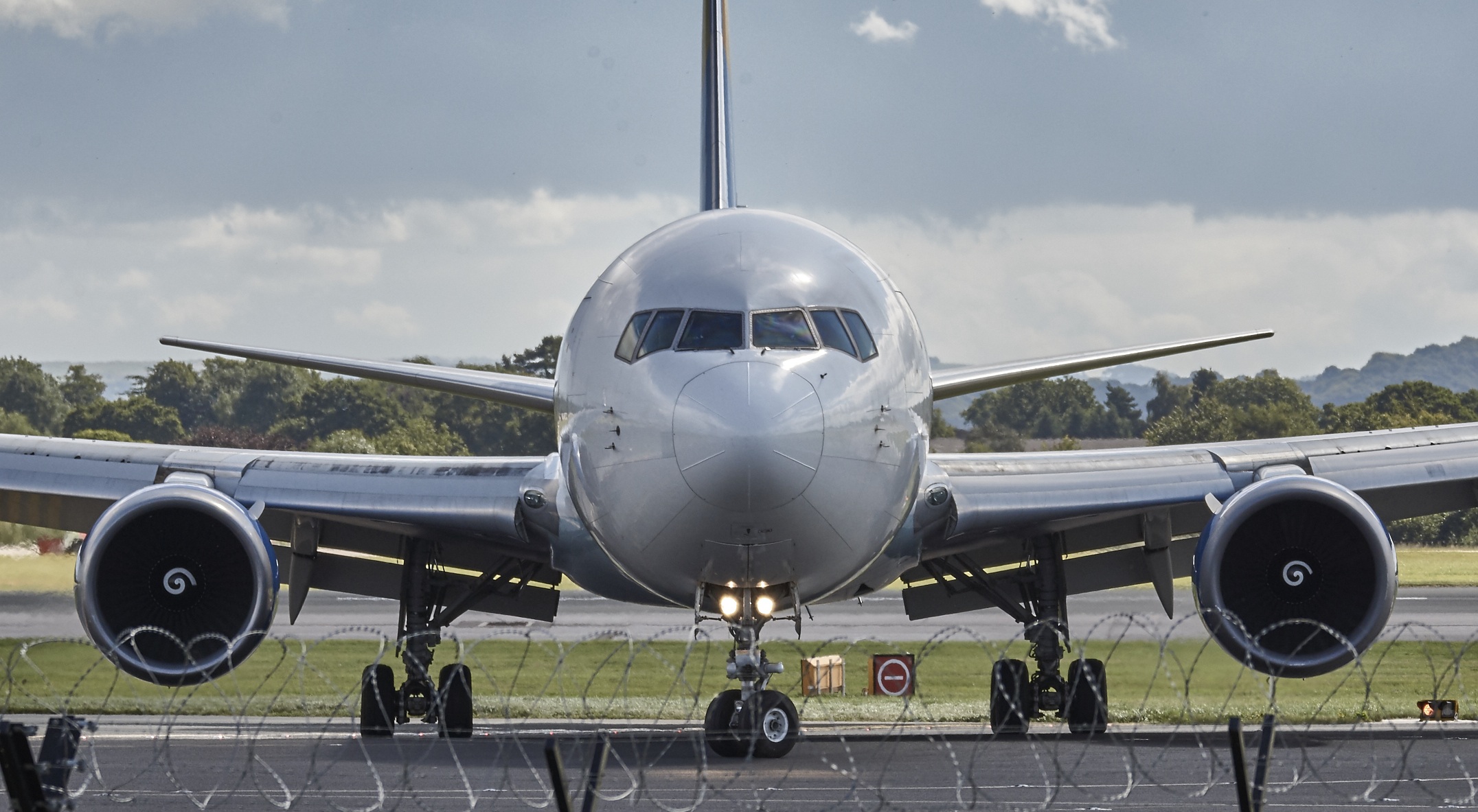Managing air transport through times of uncertainty and change: what’s new?
20/10/2017

As we head towards the end of 2017, the air transport industry can start to look back on another year characterised by change and uncertainty. While some of these problems were undoubtedly self-inflicted, including United Airlines mishandling (in every sense of the word) of a passenger forcibly ejected from a flight in April, or Ryanair’s recent cancellation of thousands of flights due to miscalculation of pilot holiday allocations, it is the varied external financial, political, regulatory and security pressures that continue to pose a challenging environment for aviation’s sustained growth. The recent demise of Monarch Airlines is just one such example of this.
In the UK and Europe, Brexit and its possible impacts looms ever larger, with little clear indication of a what a post-Brexit landscape may look like for aviation. By leaving the EU, the UK will also leave the European Common Aviation Area, which allows airlines in participating countries to fly freely within the EU. This poses a direct threat to connectivity, something we have become accustomed to and have perhaps taken for granted in recent times. Airlines, airport operators, air navigation service providers, regulators and other air transport stakeholders are not alone in having to plan for an uncertain future from March 2019 onwards.
Elsewhere, sustained growth and solid financial performance has returned to many markets, but margins continue to be squeezed by rising labour costs and the price of fuel. In the longer term, there are also serious question marks concerning the capacity of existing infrastructure, with IATA’s Director General and CEO Alexandre de Juniac recently warning that the industry is heading for an “infrastructure crisis.” This is as much an issue in terms of increasing congestion and inadequate airport infrastructure as it is a challenge regarding shortfalls in air traffic management and crowded airspace. Flight delays, longer routes, inefficient schedules and a negative passenger experience are the inevitable consequences of such a crisis.
Then we have the airlines, where changing customer expectations, regional variations and competition have forced many carriers to diverge from the traditional airline business models. You do not have to look far to find a so-called ‘low-cost carrier’ flying from primary airports, flying a mixed fleet of aircraft or even entering partnerships with other carriers. At the other end of the spectrum, ‘full-service carriers’ are increasingly adopting elements of the low-cost model to remain competitive, including charging for hold luggage or onboard food and beverages.
At the same time, the global geopolitical and security situation shows little sign of abating, with attacks and increased security threats towards aviation an all too frequent (and sometimes tragic) occurrence.
So, you may ask, what’s new? Almost since its inception, aviation and air transport has been characterised by rapid change and uncertainty. From oil crises to global recessions, wars and avian flu to Icelandic volcanoes, air transport has proved itself time and again to be a flexible and resilient industry, with an ability to embrace change and flourish in an uncertain environment.
However, the ability to not only keep bouncing back, but to develop and grow in the future, relies on those people managing air transport having the particular skills, knowledge and understanding to tackle these challenges on a daily basis. In the Centre for Air Transport Management at Cranfield University, we have been equipping the managers of tomorrow for over 50 years. This year, our Air Transport Management Seminar short course (November 20-24th) will continue this proud tradition, with a host of top industry and academic speakers addressing the key issues of today to ensure a prosperous future for air transport in 2018 and beyond. If you are serious about shaping aviation’s future, we’d love you to join us in November.
—
Register now for the seminar: https://www.cranfield.ac.uk/courses/short/transport-systems/air-transport-management-seminar
Categories & Tags:
Leave a comment on this post:
You might also like…
Keren Tuv: My Cranfield experience studying Renewable Energy
Hello, my name is Keren, I am from London, UK, and I am studying Renewable Energy MSc. My journey to discovering Cranfield University began when I first decided to return to academia to pursue ...
3D Metal Manufacturing in space: A look into the future
David Rico Sierra, Research Fellow in Additive Manufacturing, was recently involved in an exciting project to manufacture parts using 3D printers in space. Here he reflects on his time working with Airbus in Toulouse… ...
A Legacy of Courage: From India to Britain, Three Generations Find Their Home
My story begins with my grandfather, who plucked up the courage to travel aboard at the age of 22 and start a new life in the UK. I don’t think he would have thought that ...
Cranfield to JLR: mastering mechatronics for a dream career
My name is Jerin Tom, and in 2023 I graduated from Cranfield with an MSc in Automotive Mechatronics. Originally from India, I've always been fascinated by the world of automobiles. Why Cranfield and the ...
Bringing the vision of advanced air mobility closer to reality
Experts at Cranfield University led by Professor Antonios Tsourdos, Head of the Autonomous and Cyber-Physical Systems Centre, are part of the Air Mobility Ecosystem Consortium (AMEC), which aims to demonstrate the commercial and operational ...
Using grey literature in your research: A short guide
As you research and write your thesis, you might come across, or be looking for, ‘grey literature’. This is quite simply material that is either unpublished, or published but not in a commercial form. Types ...






